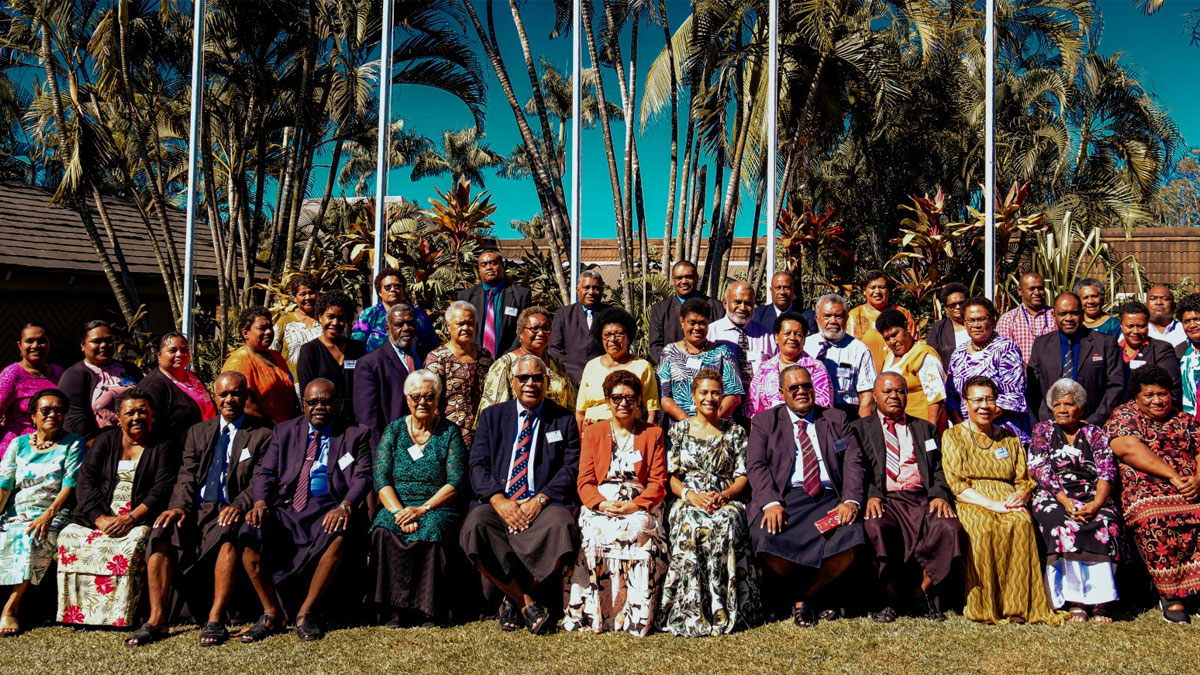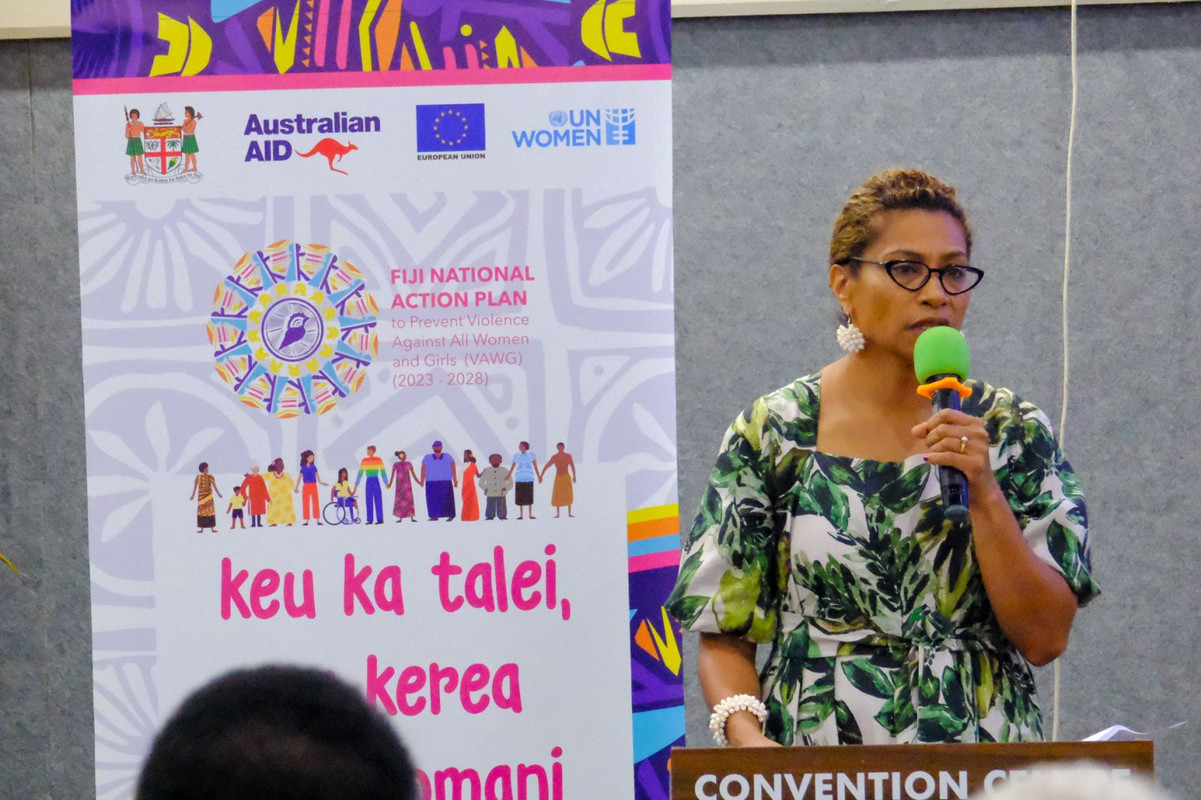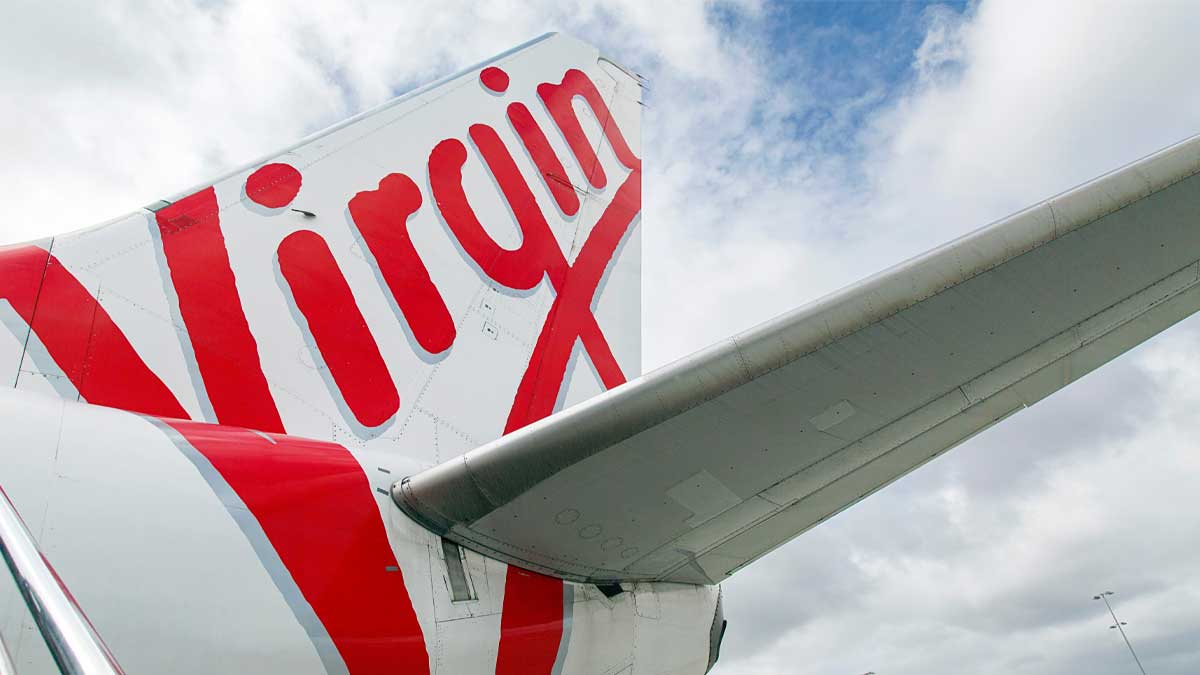
Fiji has one of the highest recorded rates of violence against women and girls in the world, with nearly 2 out of 3 women experiencing physical or sexual violence in their lifetime.
This has been highlighted in a Deep Dive High-Level Dialogue in Nadi which brings together traditional leaders, provincial chairs, women, and youth leaders to discuss how traditional institutions and entities can help prevent violence against women and girls in Fiji.
The Ministry of Women, Children and Social Protection says the highest recorded rates of violence against women and girls in the world for Fiji is unacceptable and calls for a strong and ambitious response at the national level.

It says the Fiji National Action Plan to Prevent Violence Against All Women and Girls 2023 to 2028 is making significant strides.
Launched in June 2023, the Fiji National Action Plan is a groundbreaking plan — the first of its kind in the Oceania region and the second globally after Australia.
The Ministry says the plan offers a comprehensive, inclusive, and evidence-based approach to tackling violence against all women and girls in Fiji.
The Ministry together with the Technical Working Group, government ministries, civil society organizations, UN Women and community stakeholders, led thorough consultations to make sure that a wide range of voices were heard in developing this plan.
It adds the Fiji National Action Plan is a key part of that response, aiming to address the root causes of violence and bring about long-term, positive change across all parts of society.
By involving leaders from traditional entities and institutions, this deep dive high-level dialogue seeks to use the influence of these important community figures to make real progress in preventing violence against women and girls, ultimately creating a safer and more equal future for all Fijian women and girls.
Special attention will be given to the vital role traditional leaders and institutions play in this effort.
The event will also explore why violence against women and girls happens in Fiji, helping traditional leaders understand its root cause and contributing factors.
This dialogue will further raise awareness about the Service Delivery Protocol and other community-based programmes and the important roles of the Ministry of iTaukei Affairs, traditional leaders, and other partners in preventing and responding to these types of violence.
By the end of the dialogue, traditional leaders from Fiji’s 14 provinces, including Rotuma, are expected to formalize their commitment to preventing violence against women and girls within their communities.
Fiji’s National Coordinator, Selai Cama Korovusere emphasized the importance of this dialogue, saying traditional leaders have a unique and powerful influence within our communities.
Korovusere says by giving them the knowledge and tools to challenge harmful cultural beliefs and practices, they are empowering them to lead the way in creating safer environments for all women and girls in Fiji. She says this dialogue is not just about understanding the problem; it’s about taking concrete steps towards real change and working to prevent violence before it starts.
The event is supported by the Pacific Partnership to End Violence Against Women and Girls (Pacific Partnership) Phase II, a program funded by the Government of Australia and the European Union, and jointly coordinated by UN Women and the Pacific Community (SPC), in partnership with the Pacific Islands Forum.
Stay tuned for the latest news on our radio stations


